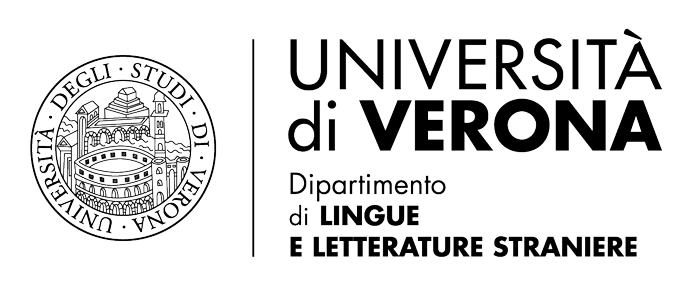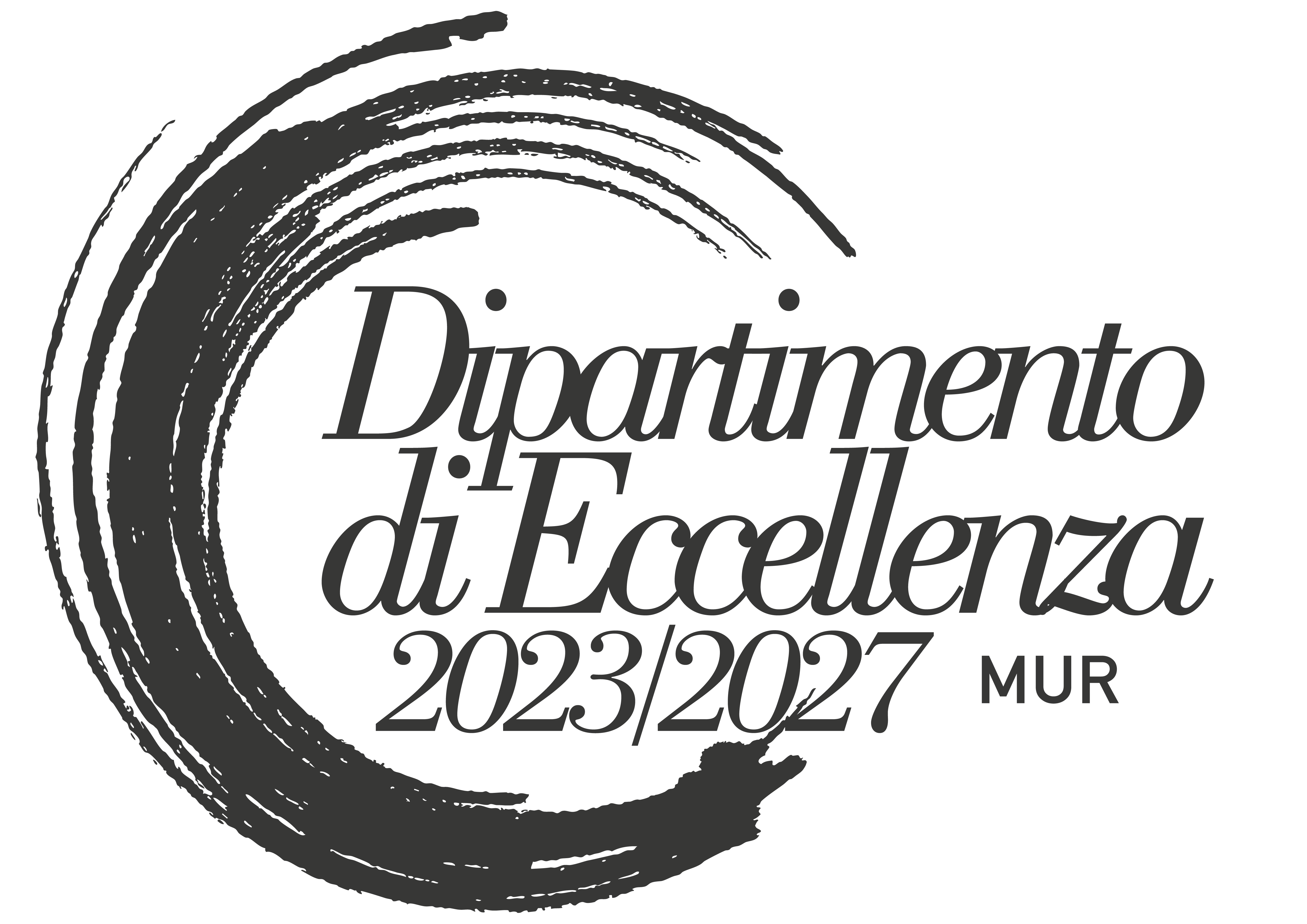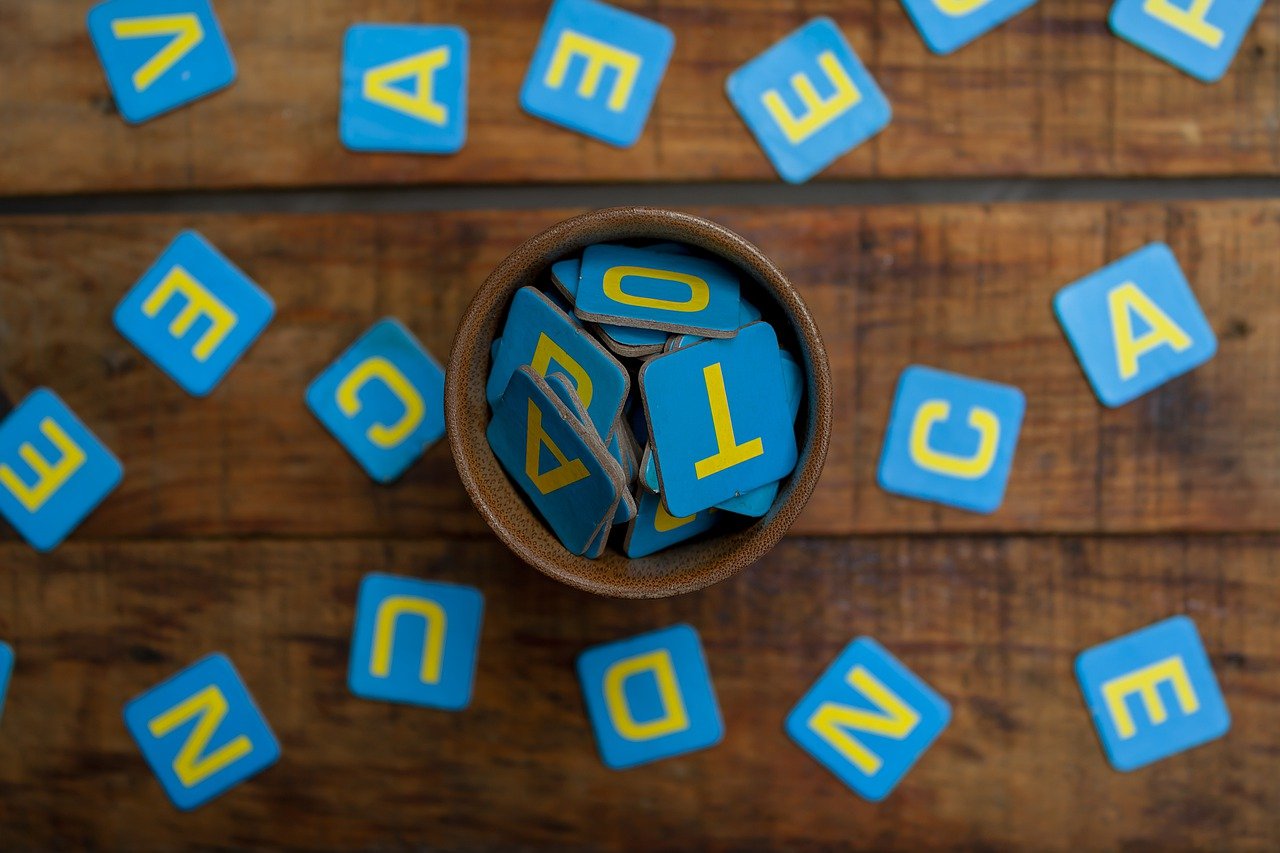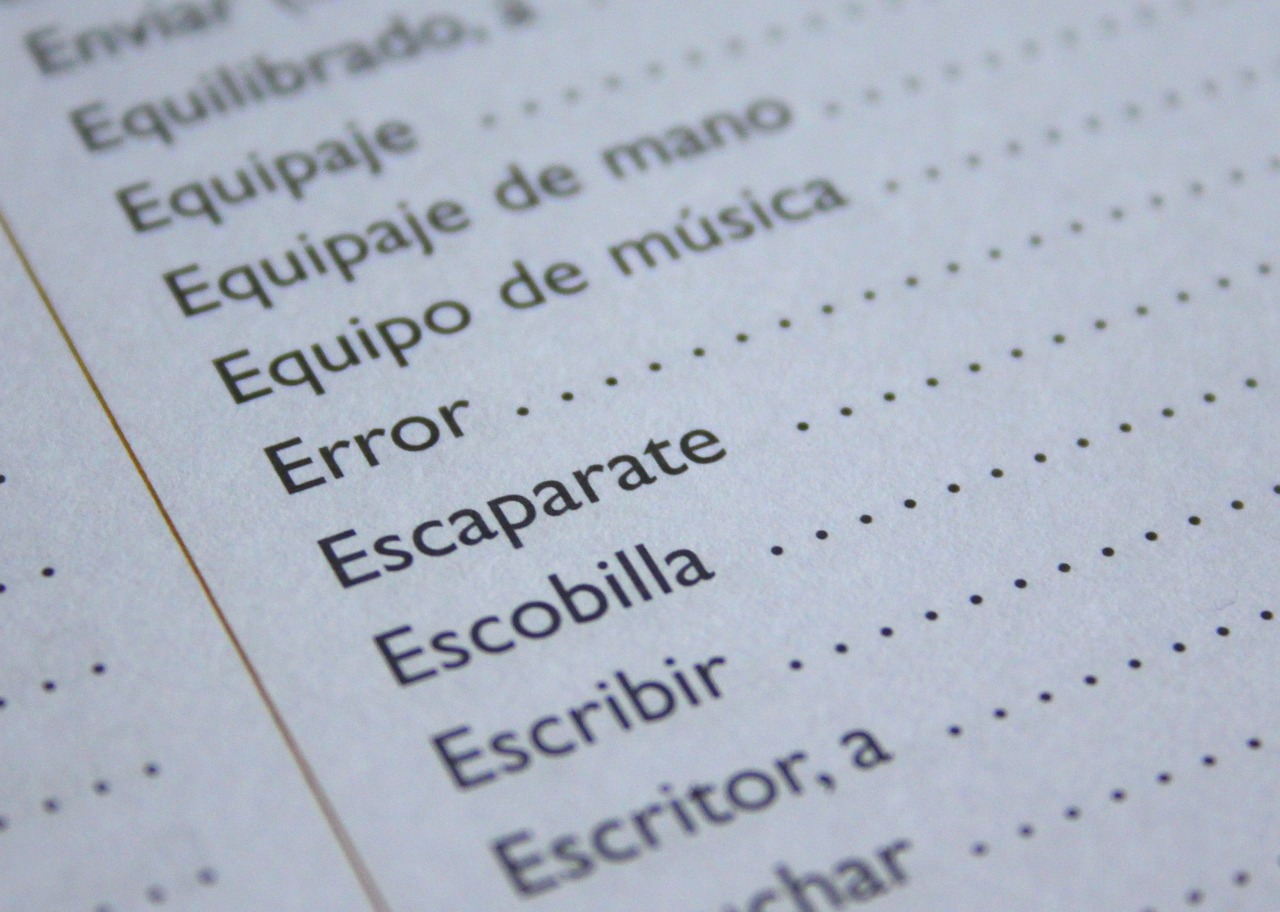Phenomena of social inequality and cultural exclusion, as well as forms of restrictions to the citizenship status and the consequent populist drifts deprived of any real political and cultural orientation, are effects of the complex power dynamics that, in this age of ours marked by an ever-increasing mobility, are exercised by global capitalism on the one hand, and, on the other, by current sovereigntist and nationalist movements. This research project addresses these pressing issues, which constitute crucially decisive challenges for our societies today, by analyzing representations of otherness, diversity, and marginality in contemporary European and non-European literatures. The goal of this investigation is to explore the different cultural trends characterizing our societies, with the aim of:
- delving into their plural constitution,
- highlighting the current dynamics of cultural, social, linguistic, and ethnic processes of exclusion and inclusion, in connection with the ways in which they are perceived in an increasingly globalised world, and finally
- outlining new modes of representation, new imaginaries and new spaces for action for those subjectivities that dwell in the cultural and political margins of our times.
The project embraces an interdisciplinary perspective based on a convergence between postcolonial studies, categories and concepts developed by biopolitics, most recent researches on transnationalism, transculturalism and globalisation, as well as on the acquisitions developed by migration studies. The originality of the results will be guaranteed by:
- a focus on new literary trends, which nonetheless will make use, where necessary, of a diachronic approach aimed at highlighting the historical evolution of phenomena;
- the aim of carrying out a cohesive and transnational discourse on the European and non-European literature centered on the themes of otherness/marginality/diversity;
- the objective of broadening the methodological and theoretical framework espoused by the research project, by comparing the approaches adopted in the various linguistic and cultural contexts tackled by the researchers participating in it.
Group leader: Gabriella Pelloni
Internal members:
- Daniele Artoni
- Manuel Boschiero
- Martina Brufani
- Elisa Destro
- Davide Di Maio
- Lídia Carol Geronès
- Annalisa Pes
- Lara Righi
- Luca Salvi
- Isolde Schiffermüller
- Sara Trentini
- Andrea Zinato
- Susanna Zinato
External members:
- Alessandro Achilli (Cagliari)
- Edoardo Balletta (Bologna)
- Paola Bellomi (Siena)
- Ugo Fracassa (Roma 3)
- Marika Piva (Padova)
- Marco Puleri (Bologna)
Actions: WP 1.1; WP 1.2
References:
Appadurai, Arjun (1996): Modernity at Large: Cultural Dimensions of Globalization. Minneapolis: University of Minnesota Press.
Epstein, Mikhail (2009), Transculture: A Broad Way Between Globalism and Multiculturalism, American Journal of Economics and Sociology 68(1), p. 327-351.
Esposito, Roberto (2006): Communitas. Origine e destino della comunità. Torino: Einaudi (nuova edizione ampliata).








